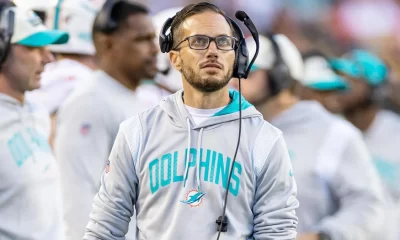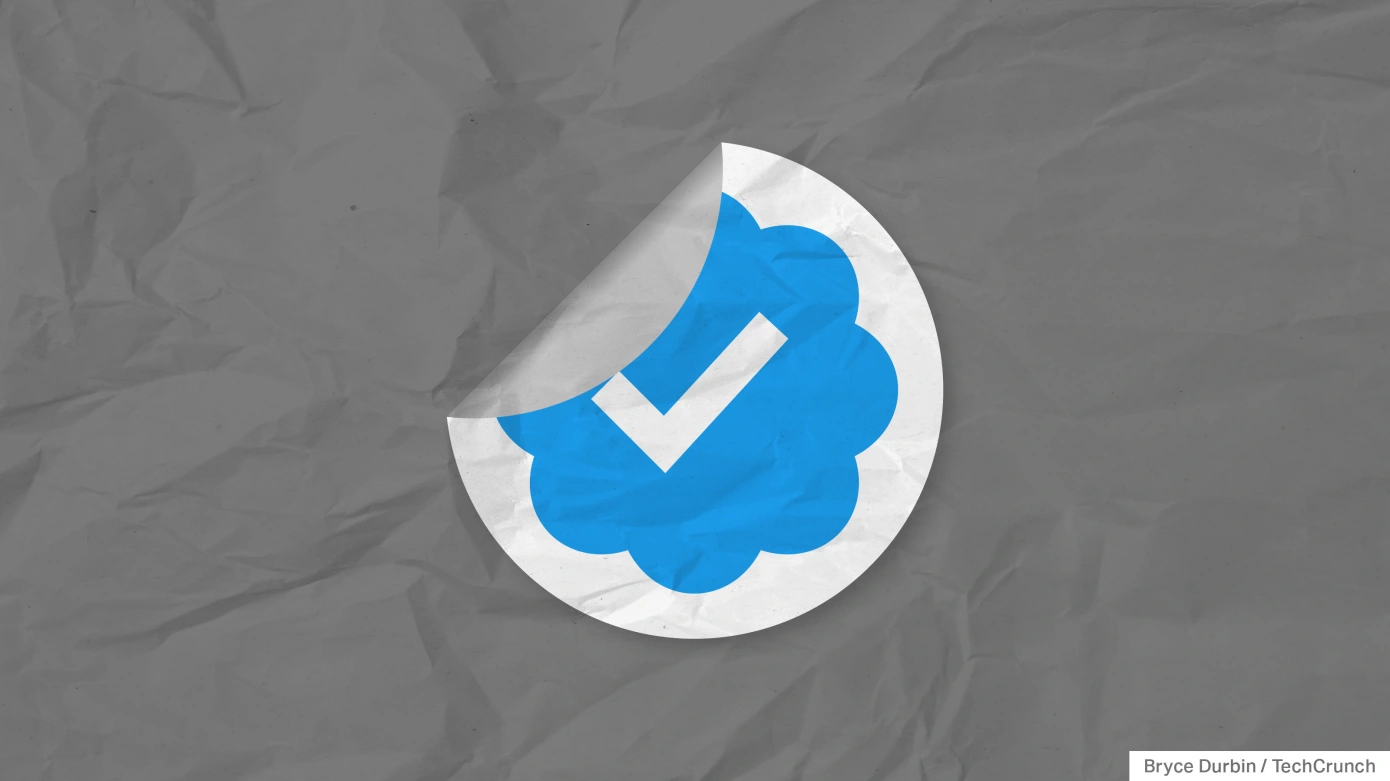Brothers Jeff and Spencer Jan didn’t have to reinvent the wheel to build a $400 million company with a cult following.
Instead, they “reinvented fire.”
Their company, Grapevine, Texas-based Solo Brands, makes the Solo Stove — a backyard fire pit that the Jan brothers describe as a “virtually smokeless” campfire alternative. It’s a Kickstarter success story: The stove’s campaign hit its $15,000 goal in just two hours back in 2016, ultimately raising more than $1.1 million.
As of Tuesday morning, the company now has a $406.74 million market cap under the stewardship of CEO John Merris, who signed on in 2018 after meeting with the brothers. The co-founders were looking for an experienced executive to help them grow the business, and Merris says they initially came on a bit strong.
“I remember in that first conversation with them, Spencer and Jeff telling me that they had reinvented fire,” Merris tells CNBC Make It. “I thought, ’Man, that’s a bold statement. I mean, fire has been around for thousands of years and you guys are somehow the ones that figured this thing out in some special way?”
Then, the brothers sent Merris home with a Solo Stove — and the first time he tried it out on his Texas ranch, he was “absolutely blown away.”
“They had made it accessible for an everyday person in a neighborhood, in a town, to be able to have a campfire-type experience without having to have a 50-acre ranch,” he says.
Stoking the flames
The Solo Stove’s patented stainless steel design features double walls and vent holes that create a “natural vacuum” effect, bringing in extra oxygen. The result: a fire that burns roughly twice as hot as a typical campfire.
“Because it’s so hot, it burns more efficiently,” Merris says. “And that efficient burn is what’s reducing the smoke and ultimately creating that better experience around the fire.”
The appeal of a fire without smoke is fairly obvious, especially if you’ve ever had a fun evening of sitting around a campfire ruined by a sudden shift of the wind and a mouthful of smoke. Once Merris joined, he expanded the Solo Stove’s reach — building out an e-commerce presence, partnering with national retailers and relying on social media and word of mouth for marketing.
Solo Stoves started in sports and outdoors stores like Dick’s Sporting Goods before expanding to Home Depot, Lowe’s, Amazon and Walmart, among other national retailers. The company recorded $130 million in 2020 revenue, up from roughly $16 million in sales in 2018.
The product was well-suited to a pandemic era, Merris says: “People were stuck at home. They were looking for things to do, and Solo Stove became an obvious go-to … to break up the monotony of your day.”
As Solo Brands gained momentum, Merris decided to go big, acquiring direct-to-consumer brands Oru Kayak, paddleboard maker Isle and outdoor apparel brand Chubbies in 2021. The company is now on pace for record annual revenue, with $320.4 million in total sales through the first three quarters of the fiscal year.
And while the acquisitions surely helped, most of that money — as much as 70% — still comes from the Solo Stove, Merris says.
Aiming for a ‘billion-dollar brand’
For people who want a campfire in their backyard, the Solo Stove makes sense. But the brand’s explosive growth and cult following extends seemingly beyond that demographic, due to an additional element: a cool factor.
The company offers “upgraded technology, upgraded innovation,” says Peter Keith, a senior research analyst at Piper Sandler. It managed to inject life into a household market that had become “outdated and stale,” he adds.
Solo Brands aims to make its stoves at least relatively accessible, offering a wide variety of styles, sizes and price points to entice new consumers to give the brand a shot. Stoves range from a seven-inch-wide tabletop firepit called the Mesa, priced at $104.99, to the 27-inch-wide Yukon, listed at $459.99 on the company’s website.
It worked at first: Solo Brands’ initial public offering in October 2021 valued the company at more than $2 billion.


 Sports2 years ago
Sports2 years ago
 Entertainment2 years ago
Entertainment2 years ago
 News2 years ago
News2 years ago
 News3 years ago
News3 years ago
 News3 years ago
News3 years ago
 Tech3 years ago
Tech3 years ago
 Sports2 years ago
Sports2 years ago
 Tech3 years ago
Tech3 years ago


